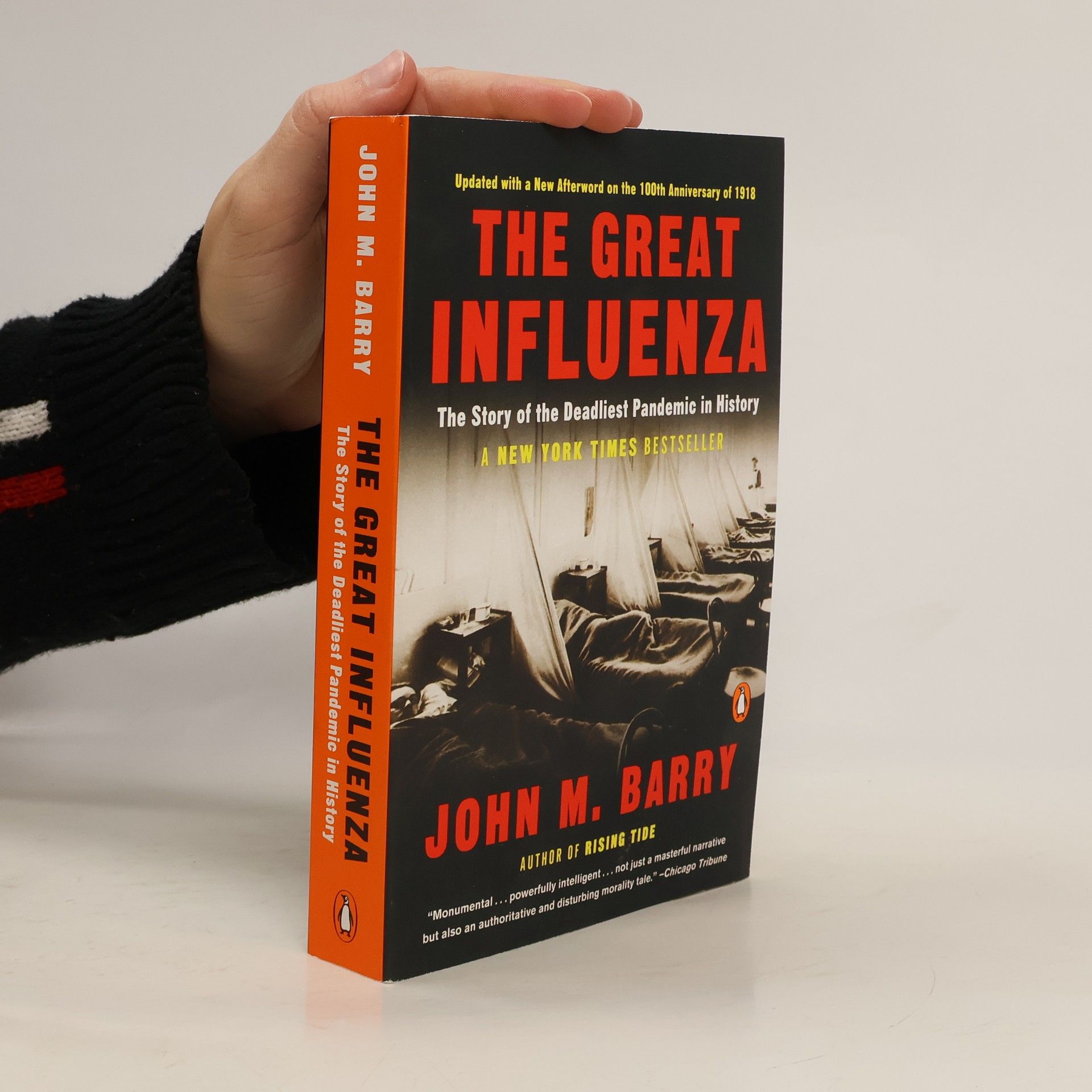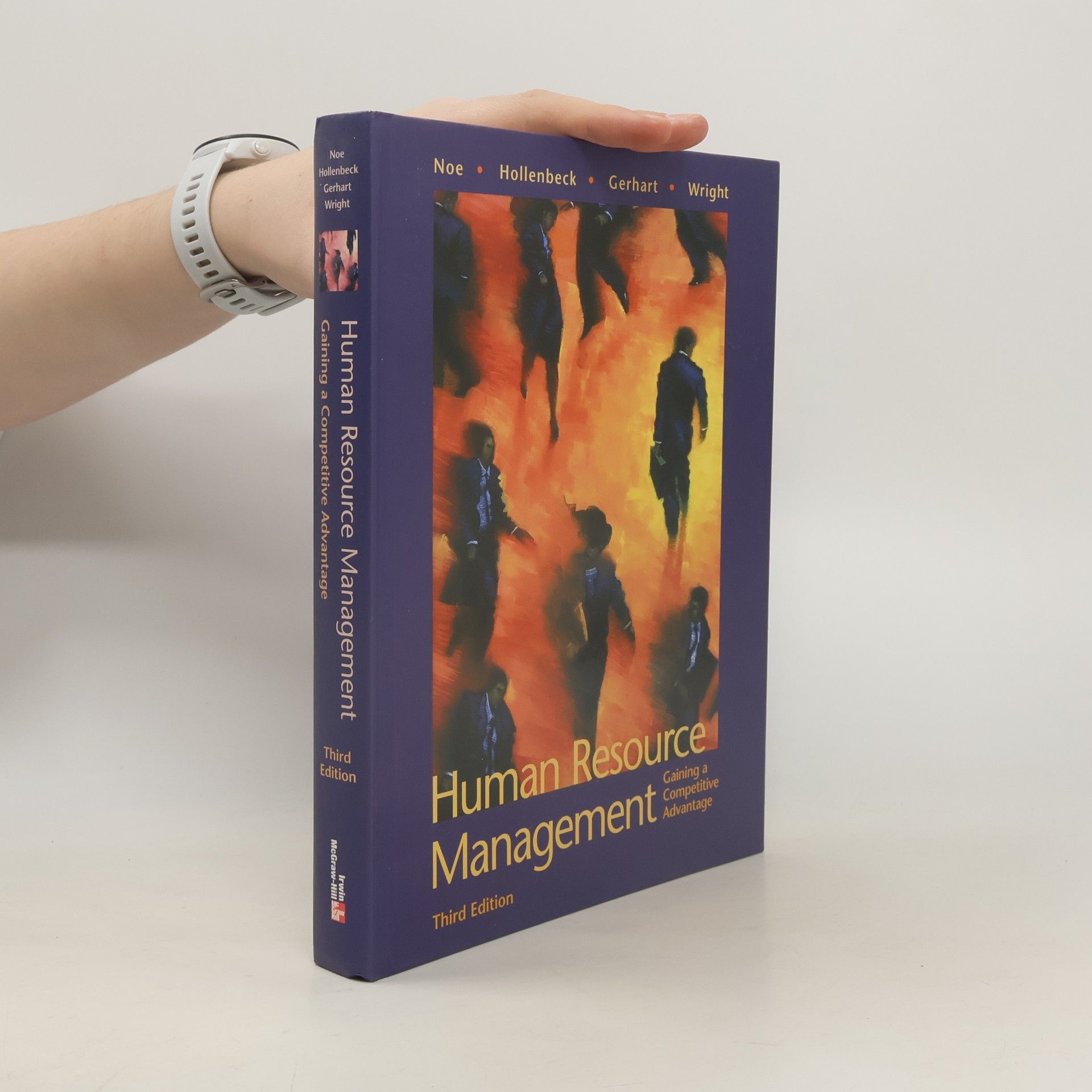This best-selling Irwin/McGraw-Hill human resource management title comes out in a new and improved format in time for fall classes 1999. According to the authors, effective human resource management is necessary for a firm to gain true competitive advantage. The three challenges companies face are the global challenge, the challenge of meeting stakeholder needs, and the high performance work practices challenge. HUMAN RESOURCE MANAGEMENT provides students with the technical background needed to be a successful HR professional, to manage HR effectively, and most importantly to be a knowledgeable consumer of HR products and services. The text also emphasizes how managers can more effectively acquire, develop, compensate, and manage the internal and external environment that relates to the management of human resources.
John M. Barry Bücher
John M. Barry ist ein amerikanischer Autor und Historiker, dessen Werk sich mit entscheidenden Momenten der amerikanischen Geschichte und der Gestaltung moderner gesellschaftlicher Ideale befasst. Seine Schriften untersuchen kritisch die Auswirkungen von Naturkatastrophen wie der Großen Mississippi-Flut von 1927 und der Influenza-Pandemie von 1918 und analysieren die Entwicklung von Konzepten wie die Trennung von Kirche und Staat sowie individuelle Freiheit. Barrys literarischer Ansatz zeichnet sich durch tiefgehende historische Forschung aus, die oft aufzeigt, wie diese Ereignisse und Ideen die Vereinigten Staaten geformt haben. Seine Expertise in den Bereichen Katastrophen und öffentliche Gesundheit hat ihn auch in die Politikgestaltung und Strategien zur Bewältigung von Krisen involviert und wissenschaftliche Erkenntnisse mit realen Auswirkungen verknüpft.


The great influenza : the story of the deadliest pandemic in history
- 546 Seiten
- 20 Lesestunden
"At the height of WWI, history's most lethal influenza virus erupted in an army camp in Kansas, moved east with American troops, then exploded, killing as many as 100 million people worldwide. It killed more people in twenty-four months than AIDS killed in twenty-four years, more in a year than the Black Death killed in a century. But this was not the Middle Ages, and 1918 marked the first collision of science and epidemic disease. Revised to reflect the growing danger of the avian flu, this is ultimately a tale of triumph amid tragedy, providing us with a precise and sobering model as we confront the epidemics looming on our own horizon."-- Provided by publisher